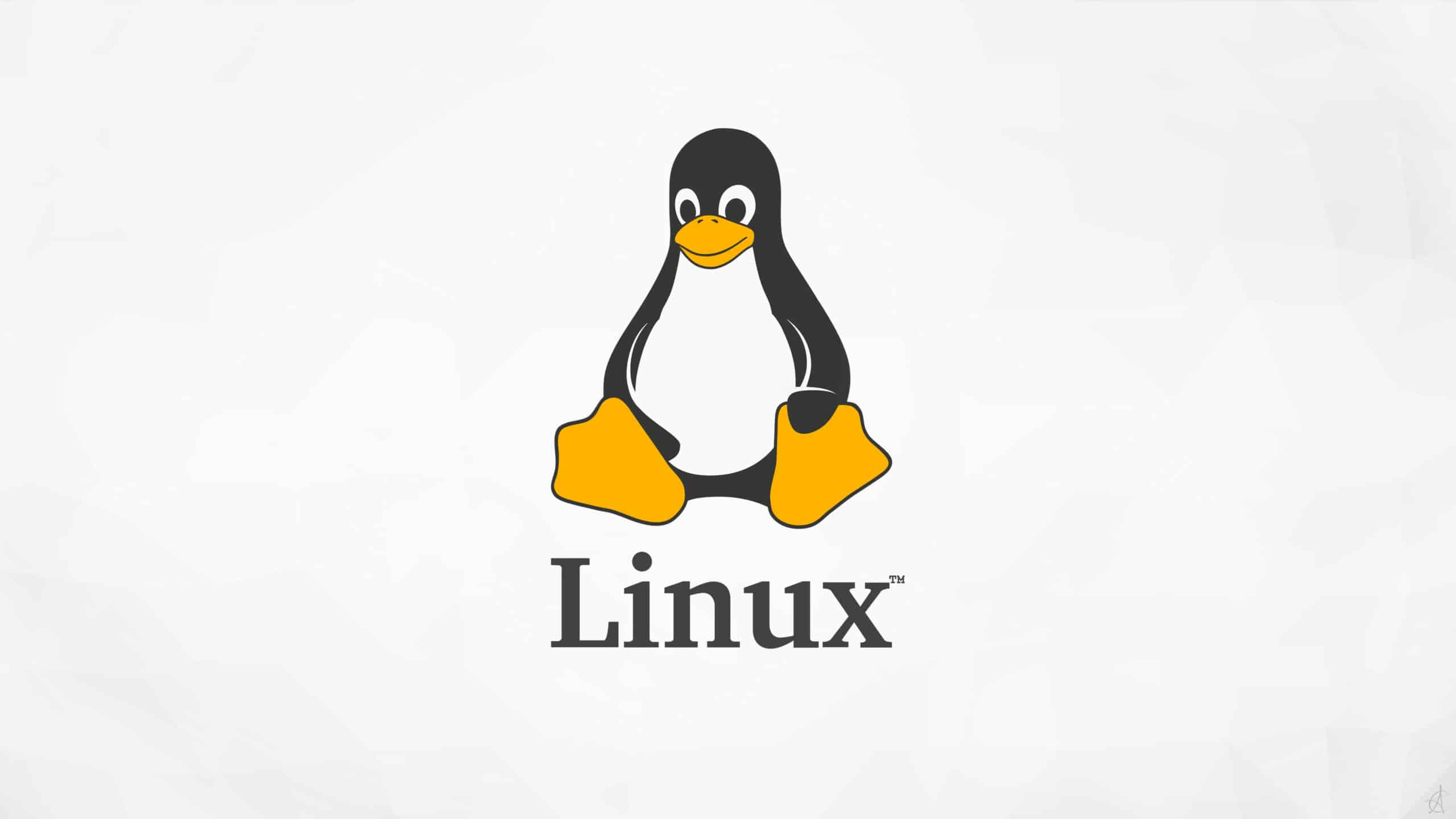In the world of operating systems, Linux stands out as a powerful alternative to the dominant players like Windows and macOS. Renowned for its flexibility, security, and open-source nature, Linux has garnered a dedicated following among tech enthusiasts, developers, and businesses alike. One of the most popular distributions of Linux is Ubuntu, which has played a significant role in making Linux more accessible to a wider audience.
What is Linux?
Linux is a Unix-like operating system kernel developed by Linus Torvalds in the early 1990s. It is open-source, meaning its source code is freely available to anyone to view, modify, and distribute. Unlike proprietary operating systems like Windows and macOS, Linux is developed collaboratively by a large community of developers worldwide. This collaborative effort has resulted in a robust, stable, and secure operating system that can be customized to suit various needs.
Advantages of Linux:
- Cost-effective: One of the most significant advantages of Linux is that it’s free to use. You don’t need to pay for licenses, which can result in significant cost savings, especially for businesses with a large number of computers.
- Customization: Linux offers a high level of customization. Users can choose from a wide range of distributions (distros), each tailored to different use cases and preferences. Whether you’re a developer, a gamer, or a casual user, there’s a Linux distro that suits your needs.
- Security: Linux is inherently more secure than other operating systems due to its Unix-based architecture and the open-source nature of its code. Security vulnerabilities are quickly identified and patched by the community, making Linux less susceptible to malware and other cyber threats.
- Stability: Linux is known for its stability and reliability, making it an ideal choice for servers and mission-critical systems. It can run for months or even years without needing to be rebooted, ensuring uninterrupted operation.
- Performance: Linux is lightweight and efficient, meaning it can run on older hardware or with minimal system resources. This makes it an excellent choice for reviving older computers or running resource-intensive applications.
Disadvantages of Linux:
- Compatibility: While Linux has made significant strides in terms of compatibility with hardware and software, it still lags behind Windows in certain areas. Some proprietary software and hardware may not have Linux drivers or support, which can be a drawback for users who rely on specific applications or peripherals.
- Learning Curve: For users accustomed to Windows or macOS, transitioning to Linux can involve a learning curve. The command-line interface (CLI) is more prevalent in Linux, which may be intimidating for novice users. However, many modern Linux distros offer user-friendly graphical interfaces that mitigate this issue.
- Software Availability: While Linux has a vast repository of open-source software available, it may not have the same breadth of commercial software offerings as Windows or macOS. This can be a limitation for users who rely on specific proprietary applications for their work or hobbies.
Introducing Ubuntu:
Among the myriad of Linux distributions available, Ubuntu stands out as one of the most popular and user-friendly options. Developed by Canonical Ltd., Ubuntu is based on Debian and aims to provide a stable, secure, and easy-to-use computing experience for both desktop and server users.
Key Features of Ubuntu:
- Unity Desktop Environment: Ubuntu features the Unity desktop environment, which offers a sleek and intuitive user interface. It’s designed to be user-friendly and accessible to users of all experience levels.
- Software Center: Ubuntu includes a Software Center that makes it easy to discover, install, and manage applications. Users can choose from thousands of free and open-source software packages across various categories.
- Long-Term Support (LTS) Releases: Canonical releases Long-Term Support (LTS) versions of Ubuntu every two years, which are supported with security updates and bug fixes for five years. This makes Ubuntu an excellent choice for users who prioritize stability and long-term support.
- Community and Support: Ubuntu has a vibrant community of users and developers who provide support, documentation, and assistance through forums, wikis, and online resources. This community-driven approach ensures that users can find help and guidance whenever they need it.
In conclusion, Linux, with Ubuntu as a prime example, offers a compelling alternative to traditional operating systems like Windows and macOS. Its flexibility, security, and cost-effectiveness make it an attractive choice for individuals, businesses, and organizations looking for a reliable and versatile computing platform. While Linux may not be suitable for everyone, its strengths far outweigh its limitations, making it worthy of consideration for anyone seeking an alternative operating system for their computer.

